RCI Research
Utrecht #1 most competitive region in Europe according to 5th edition of RCI ranking
The European Union’s fifth Regional Competitiveness Index officially lists Utrecht as the number one most competitive region in Europe. Conducted every three years, RCI holds European capitals and regions up against indicators such as business sophistication, technological readiness, innovation, health, and education, and is based on scientific research.
Thank You Utrecht
Since its inception, we’ve consistently featured in the very top of the Regional Competitiveness Index. Even so, we’re proud to be recognised as most competitive region in Europe once again. And it’s all thanks to you: our residents and communities, our innovators and ideators, our entrepreneurs and policymakers, our youth and seniors. You are what makes us the Heart of Health.

Powerhouse The Netherlands
The Netherlands features heavily in the RCI, with Utrecht, Zuid-Holland, Noord-Brabant, and Amsterdam being named as 4 of the 5 top most competitive regions in Europe. When it comes to the best place to live and work, our small nation truly is an international powerhouse.
In fact, no less than five Dutch regions feature in the RCI top 10, although regional differences are greater than you might expect, with Utrecht coming in at a full 51 points above the European average. Regional competitiveness is above the EU average in all north western European countries, whereas eastern regions tend to perform below the European average, as well as southern EU Member States.
Of all the 234 economic regions in Europe, just three countries see other regions outperforming their capital regions: Germany, Italy, and the Netherlands. In the Netherlands, the best performing region remains Utrecht, followed by Zuid-Holland which includes Rotterdam and The Hague. In Italy, Lombardia, which includes Milan, continues to be the best performing Italian region. In Germany the best performing region remains Oberbayern, which includes Munich.
International Thought Leadership
So what puts Utrecht so far ahead of the curve? We’re not afraid to try new things or invest in thought leadership. Which is why we do exceptionally well when it comes to labour market opportunities, level of education and market size. This is, in no small part, thanks to our world-class educational and knowledge institutions. For example, by introducing exciting new undergraduate degrees such as ‘Care, Health and Society’ or investing in innovative teaching methods.
An inclusive labour market
From introducing exciting new undergraduate degrees to ensuring everyone has a place in the labour market, Utrecht has a long history of innovation and social inclusion. Many of our initiatives rely on the input of users and providers of services through fieldlabs and living labs. Amfors Fieldlab is a great example of how we strive to create a more inclusive labour market.
The role of women
Although the adage makes our toes curl, there is some truth to it. Research shows that the number one reason foreign assignments fail, is because the expat’s accompanying family aren’t happy in their new home country. Whether it’s work or study, we feel everyone should enjoy the same opportunities. There is a direct correlation between female empowerment and achievement, and economic competitiveness.
Women make up a significant part of our labour force, and their positive impact is highlighted in the Female Achievement Index, which includes indicators including working conditions, work-life balance, political representativeness, health, safety, security and life satisfaction. In Utrecht region we place a lot of importance on providing all our residents – male and female, young and old – with a healthy, inclusive and sustainable environment in districts like Merwede.
Additionally, almost all of recent graduates find employment within a year of completing their studies. This in turn equates to solid personal income and spending power, which further bolsters our market size. We also do particularly well when it comes to technological readiness and adaptation, a strong business environment, and innovation.
Finally, our forward-thinking government and policymakers are united in our ambition to help create a healthier, more sustainable world for all. Believing that macro-economic stability is essential to fostering a prosperous and energy conscious urban environment, we’ve put business, knowledge and innovation at the very top of our political and social agendas.

